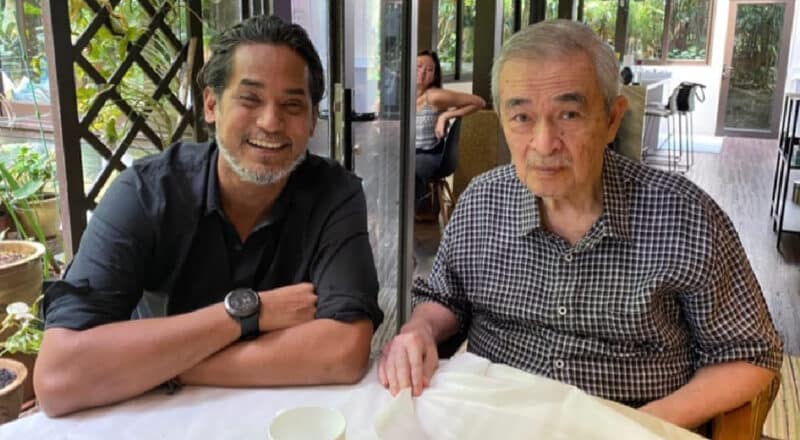The Workers’ Party’s (WP) Yee Jenn Jong has countered ESM Goh Chok Tong’s comments that the Group Representative Constituencies (GRC) serves as a stabiliser for Singapore’s socio-political landscape.
Yee, who is also former Non-Constituency Member of Parliament (NCMP) has on Facebook shared his thoughts on one segment of Goh’s interview with the Straits Times.
A point that has been raised before criticises the GRC system for being too constraining on the voters’ freedom of choice. In GRCs, citizens “have to elect a group of candidates rather than a single person. Voters cannot simply pick the better ones and leave the others on the shelf. They are forced to either accept or reject the whole team”. Not only does this limit the choice for the voters, it also allows seemingly less qualified, less known and less popular candidates to get into Parliament by hanging on to the coat tails of a far more seasoned “anchor” candidate.
For example, had Ivan Lim not taken himself out of the contest in July 2020, voters in Jurong GRC would have faced the choice of voting for Lim by default because they wanted to vote for the far more popular Tharman Shanmugaratnam. This would not really have represented a fair choice to the people of Jurong GRC because the whole point of democracy is for voters to be able to vote for who they want – Not to be forced to accept a buy one get one free package deal even when they don’t want the freebie.
Besides, the irony of the situation is that had Lim contested, we would have had a popular minority candidate (Shanmugaratnam) pulling in an unpopular majority candidate (Lim) in a GRC system that is supposed to help minorities be more represented in Parliament. Head scratch anyone?
Is this not why Deputy Prime Minister Heng Swee Keat was moved from Tampines GRC to East Coast GRC at the last minute? The Peoples’ Action Party (PAP) even admitted this with Heng saying: “But Tampines GRC, now helmed by Minister for the Environment and Water Resources Masagos Zulkifli, has a very good team….If I move, I can do my part in East Coast…. We cannot afford a gap in East Coast in these uncertain times. We need a full team that can take care of the residents and position them to come out of this crisis stronger than before.”







